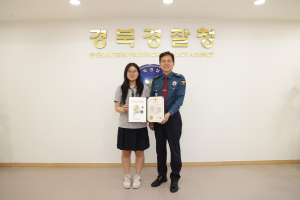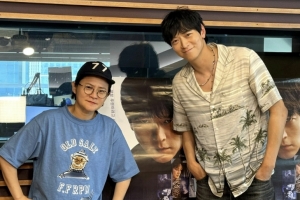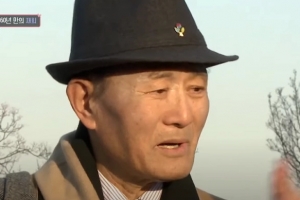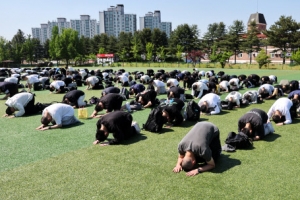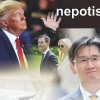The author of ‘The Sport Gene’ – It is not late to choose a sport at the age of 20, after experiencing all sports
?It is common for the authors to include epilogues, however, yours was especially sincere and full of countless thank you-s. Humans are quite similar in genetic aspects(you even mentioned that the reason Kenya became a powerful nation in track-and-field is because it did not lose the talented ones to other sports). Sport is a way of exploring the inner-conscience, so enjoy. Such conclusion seemed a little bit cliche-tic in the first place, pardon me, but as I thought about it more and more, it seems to be a really valuable conclusion. It has been already two years since you wrote the book. If you have the chance to write the epilogue once again, what are the changes that you would want to make?-Haha…well, I think maybe I would try to make that sentence a little less cliche! And I always appreciate feedback, so there is no need for pardon whatsoever.
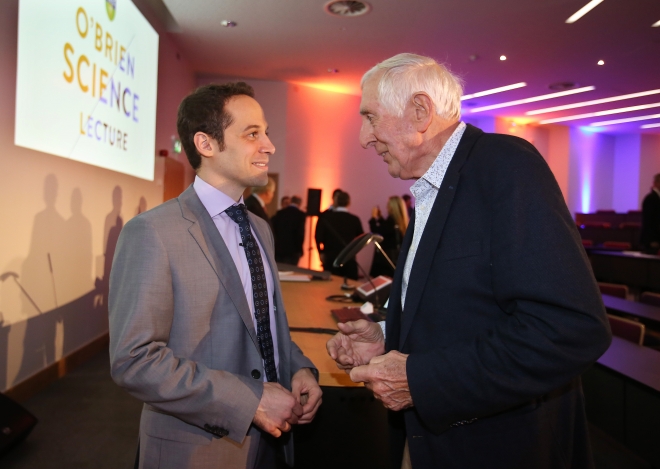
Provided by David Epstein
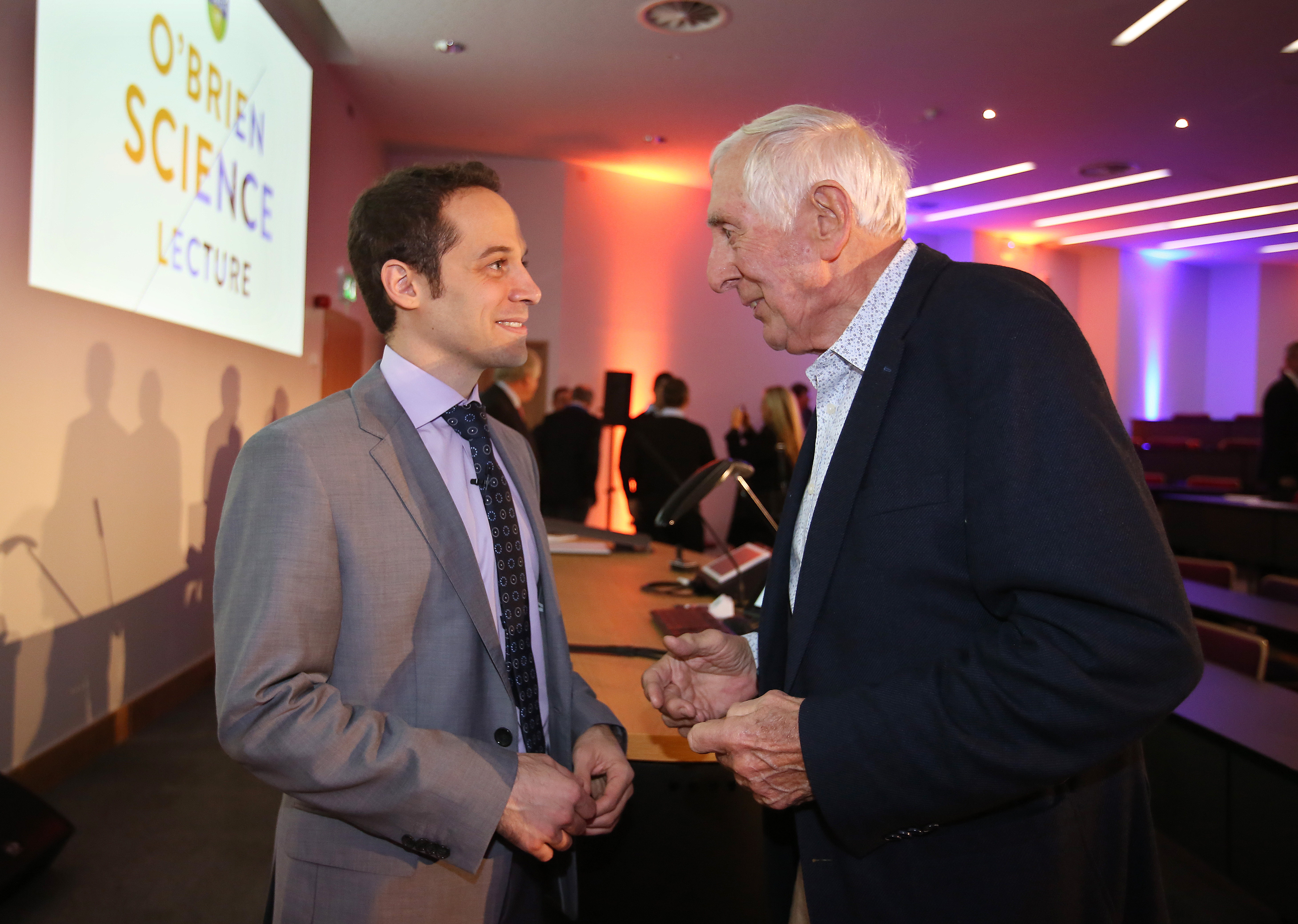
David Epstein is speaking with the 1956 men’s track-and-field 1500m golden medalist Ron Dellani with a glad face.
Provided by David Epstein
Provided by David Epstein
I really didn’t think so many people would be interested in the book, so I didn’t have an audience in mind so much when I wrote the epilogue, it was more sort of wrapping things up in my own mind. So that’s why I mentioned a wide range of characters from NBA players to Steve Jobs, and discussed the idea of genetic engineering for a perfect athlete. It was just addressing many different things I had been thinking about, almost like I was talking to myself. I think if I could do it again, I would have made a more explicit section of the epilogue where I said: “Here, in short, are aspects of this research that have most influenced how I work outside of sports,” and suggest how they might apply to other people. For example, when I’m trying to learn something new now, I sample a range of techniques first, and pay attention to my learning rate, or “trainability” as I call it in the book. It pays off to spend some time up front finding the method in which you are most trainable. You may be behind at first, but it’s the best way to go. And using some of the information about how athletes “chunk” information to make quick decisions, I’ve applied some of that to learning information quickly, and I can now memorize full hour-long lectures even though I don’t think I have a special memory. So I think I would have taken some time to give a bit more of the practical, utilitarian background. I would still like to do that!
?You worked as a researcher in Alaska near the North Pole, wrote articles while traveling on a yacht... you have been consistently involved in environment and sports-science. You are now working as a journalist for Propublica. Your TED lecture ‘Are Athletes Really Getting Faster, Better, Stronger?’ from 2014 was watched by a quite large number of people in Korea as well. You seem like a person who is consistently interested in new things and inflamed by new topics. Do you have a personal life moto? Is there a specific field that you are especially interested in and working on in these days?
-When I lived on the boat, a large research vessel, I was actually doing science, not writing articles yet. I wasn’t a journalist yet, and still thought I would be a scientist. But the more science I did, the more I asked myself: “Am I the type of person who wants to spend my whole life learning or two things new to the world? Or am I the type who wants to learn things new to me more often?” I decided I was the latter, and later realized you really can connect dots that even the scientists haven’t, because they have to focus very narrowly.

Provided by David Epstein

The President Obama’s picture of holding Epstein’s book in a bookstore, ‘The Sport Gene’, was sensational.
Provided by David Epstein
Provided by David Epstein
Right now, I just finished a long story about drug cartels in Mexico, which was a new field for me, and fascinating to understand how those organizations get very good at doing very bad things. It definitely made me wonder about how leadership is structured in organizations, so I’ve been reading some of the psychology about that. And I’m also taking a fiction writing class, because, again, I want to get out of my comfort-zone, and force myself to try a kind of writing that I’m not comfortable with. It’s working!
?Your book was selected as a New York Times bestseller. Moreover, the photo of your book with President Obama was a hot issue as well. I wonder, had the President ever mentioned about the book himself or wrote you an email or mentioned in his SNS about the book.
-The President never wrote to me, as I think he probably has a pretty busy schedule! Interestingly, former Secretary of State Condoleezza Rice mentioned in an interview that she was reading The Sports Gene as well. I enjoyed that, because she and President Obama are from different political parties obviously, and I was glad to think that perhaps people with very different viewpoints might be interested in it.
I did see one interview online where President Obama was speaking with a runner who visited the White House, and told her some things about talent, and it made me think he had definitely paid attention to what he read in my book, as it sounded like it was straight from the pages.
?There was this video of you having a heated conversation in MIT with Malcom Gladwell, the founder of 1 million-hours-law. Are you still in an argument with him?
-He and I still do discuss it, because we run together. But we have become very friendly. That doesn’t mean we agree, but my feeling is that he has gravitated somehwat more toward the evidence I’ve presented. I give him a huge amount of credit for being willing to change his mind when presented with evidence. He contends that the point of the law or “rule,” as he phrased it, was to show the importance of hard and sustained work. But that was never in question among scientists in the area, and I think the way that it has been applied is often a mistake. As I noted in my book, the scientist who did the actual work that led to the law has been pretty upset at what the public thinks it is. So I hope I helped correct that for people who are interested, although I certainly can’t reach as many people as Gladwell.
?You answered that ‘Phelps will be 18cm taller(than EL GUERROUJ), but both men will be wearing the same length pants, because of the body types that are advantaged in their respective sports. I find that beautiful and remarkable, if a bit cliche’. Could you explain further about why is that ’beautiful and remarkable‘?
-In the early part of the 20th Century, there was an idea that there was an ideal way for all humans to be, and that anything different from that was bad. It deviated by fault or error. Instead, now that we better understand biological variation, it’s clear that tremendous variation is an essential part of evolution. There is no “perfect form,” only those that fit more readily into one environment or task than another. As such, I see sports as a celebration of humanity‘s physiological diversity. Some people have asked me if all these specialized body types take away some of the magic of sports for me. On the contrary, I think sports is a grand stage for appreciating biological diversity. Sports are simply contrived environments that we’ve created to test our psychology and biology. To me, the wider the range, the more interesting, and the more power sport has to appeal to everyone. I feel the same way about culture. I love the Olympics because it mixes cultures on a scale I don‘t think is really replicated just about anywhere else, and I like to see how that manifests. In short: at times human diversity is divisive, but in sport, it’s part of the celebration of achievement.
Who is Epstein?
He was born in Chicago, Illinois on the 31st of January, 1980. He majored in Environmental science and astronomy in Columbia University. He worked as an environmental research worker in the Artic Circle near Alaska. He also worked at the a seismological laboratory and charted the submarine topography of the Mediterranean ocean. As a sport-illustrate senior contributor, he is a celebrated journalists who writes sports-science and Olympics stories through careful research and checking, such as breaking the story that the Yankees‘ Alex Rodriguez, the tycoon of baseball was tested positive for steroids. He included his experience of being a varsity track-and-fields runner with teammates who came from Jamaica and Kenya and of working in the sports scenes in his book ‘The Sports Gene’, 2013. President Obama’s picture of buying the book at the bookstore was sensational. Also, Condoleezza Rice, the former secretary of state also recommended her acquaintances to read the book. Now he is working at the public benefit media ‘Propublica’ as a journalist and recently covered the story of the Mexican drug cartel’s local relief activity.
Senior reporter Byong Sun Nim bsnim@seoul.co.kr



